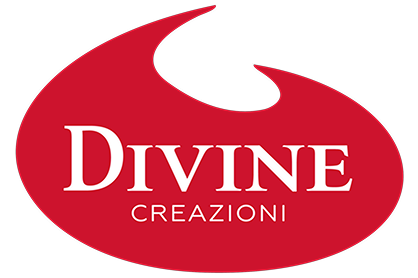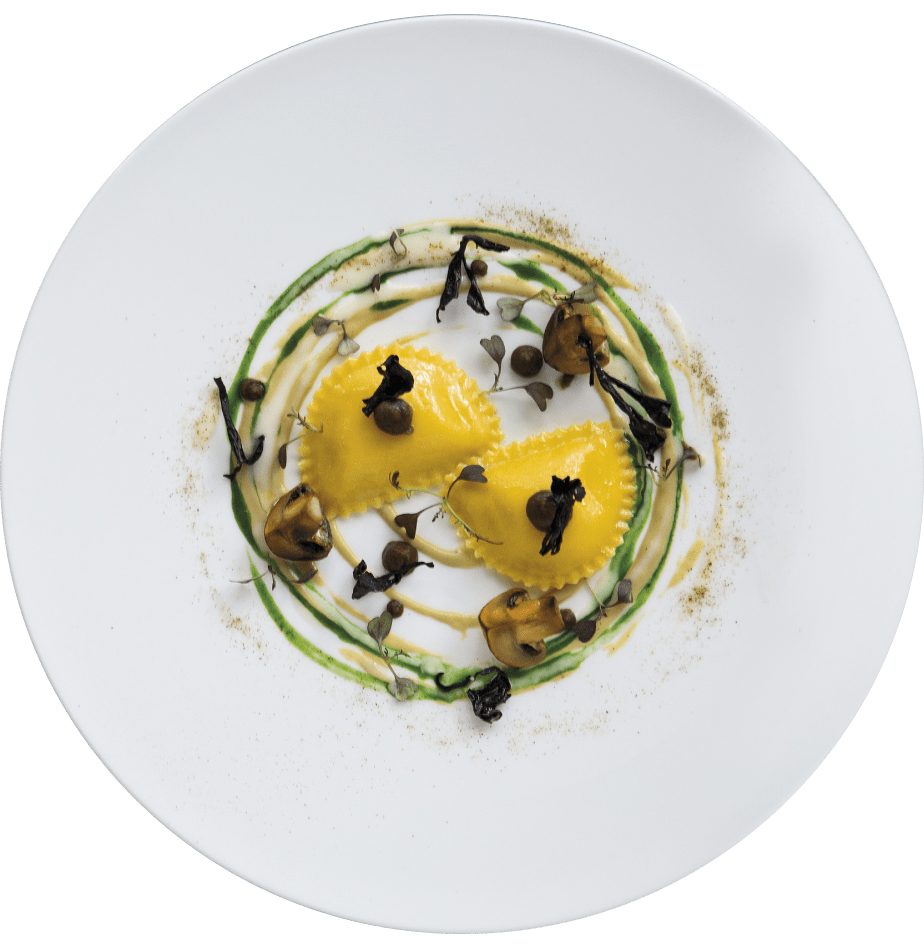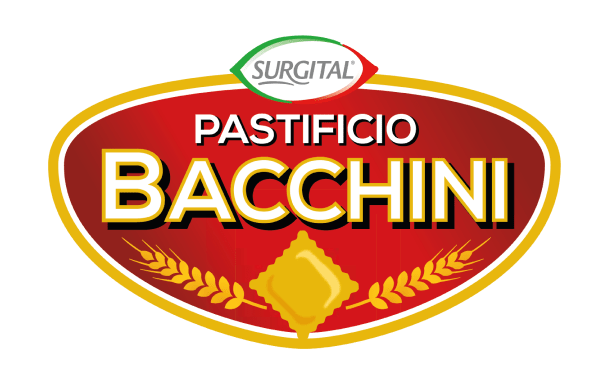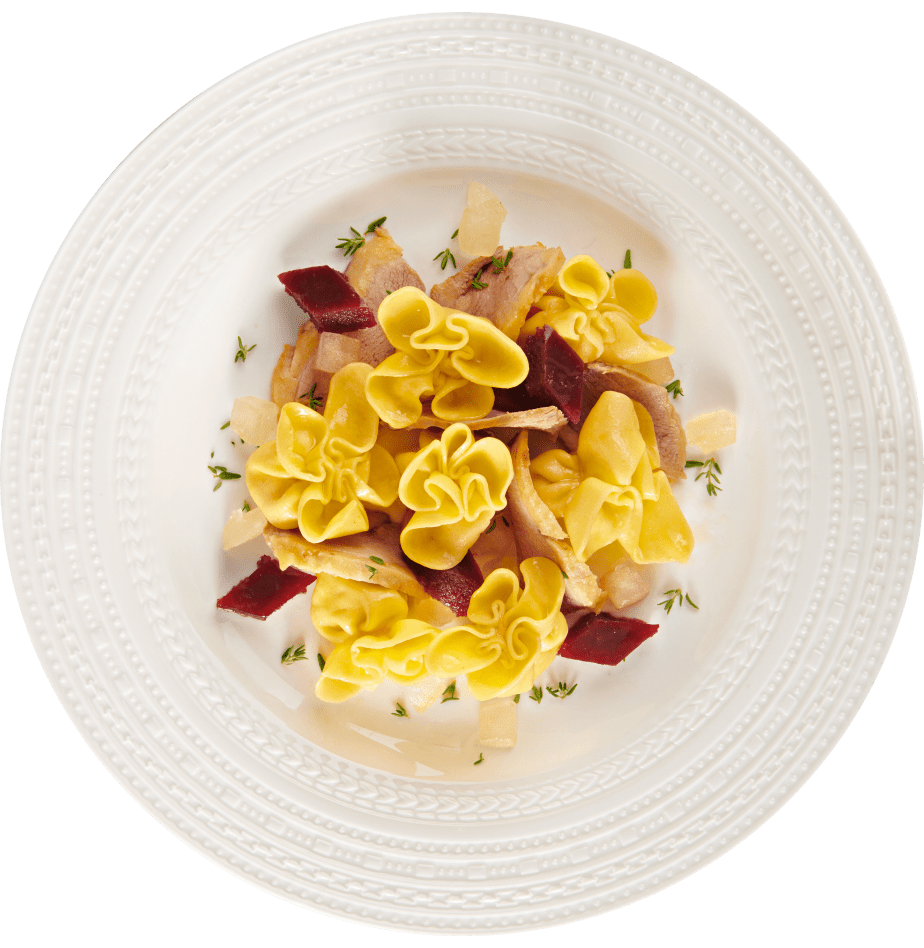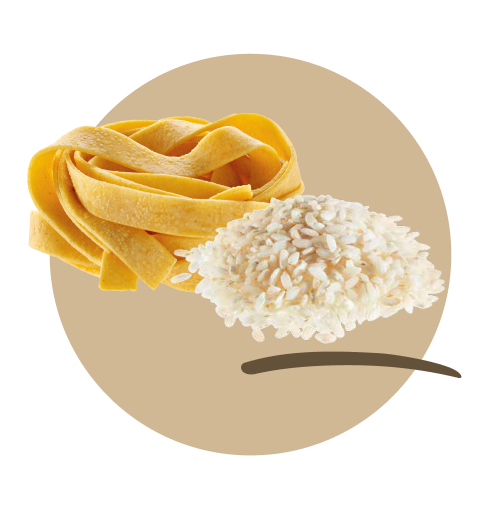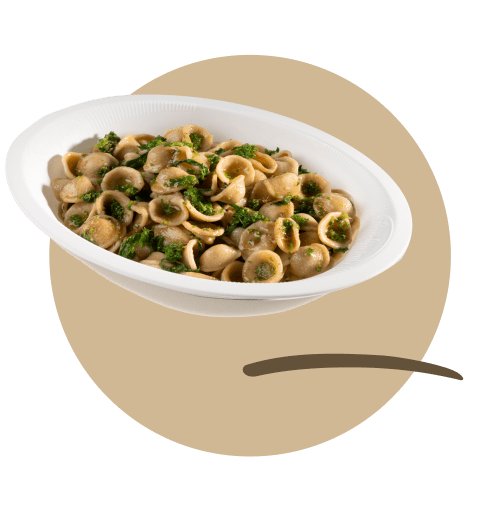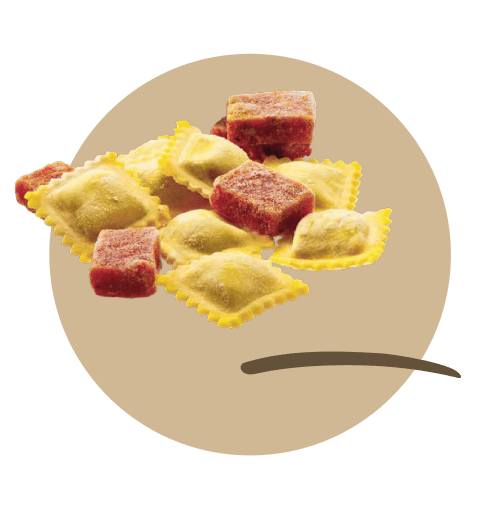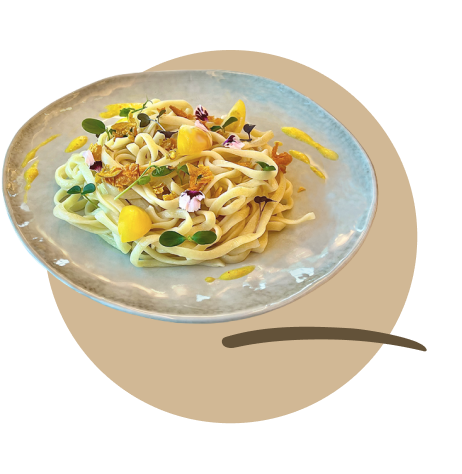5 tips for a zero-waste professional kitchen
19 April 2023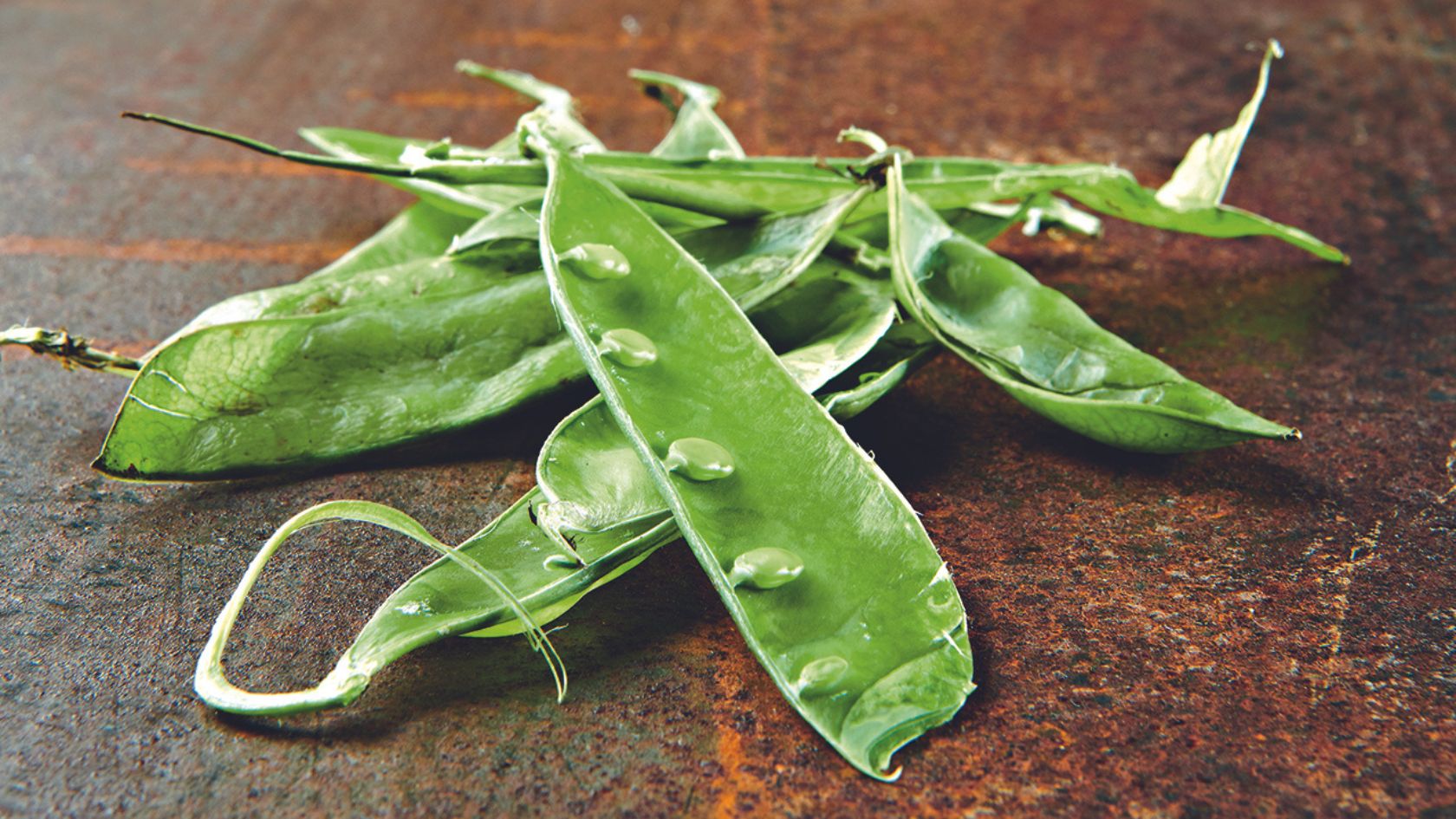
Today, zero-waste cooking is one of the biggest food trends, also inspiring restaurants to embrace business models and menus that are more and more sustainable.
Today, zero-waste cooking is one of the biggest food trends, also inspiring restaurants to embrace business models and menus that are more and more sustainable.
We all know that food waste is a contributing factor to climate change, but managing a zero-waste kitchen doesn’t only lead to benefits from an environmental point of view; it also benefits the economic sustainability of the establishment.
There are many ways to move your restaurant’s kitchen towards a zero-waste approach. You can take inspiration from examples such as Røst in Milan, Nine Lives in London, or Nolla in Helsinki. Or you can choose a less branding-based, more operational approach.
Here are our 5 tips for you, to help you begin to introduce more waste-aware behaviours into your establishment.
1. Optimise the use of products.
Challenge the stereotypes of traditional cuisine and find new uses for the products you have available in your kitchen. This will allow you to optimise purchases and expiry dates, in order to avoid waste.
Pasta is not only a first course! You can offer it as a summer starter – Cappelletti romagnoli with basil crystals, piccadilly confit and stracciatella di burrata – or as a delicious dessert – Cheese and pear Fiocchi® with winter fruit salad, spiced orange and cinnamon caramel and parmigiano gelato
2. Every part has value.
Raw materials – good quality ones – can be used in their entirety. Set aside the compost bin and try to understand if there is any value you can breathe into a dish using what you usually throw away. In 2019, Surgital, along with Italian hotel schools, created a recipe book called “Il buono che avanza”, Good Leftovers, a challenge for young chefs to invent delicious, original dishes using kitchen scraps.
A recipes that came out of this project is: Stuffed paccheri…leftover goodness
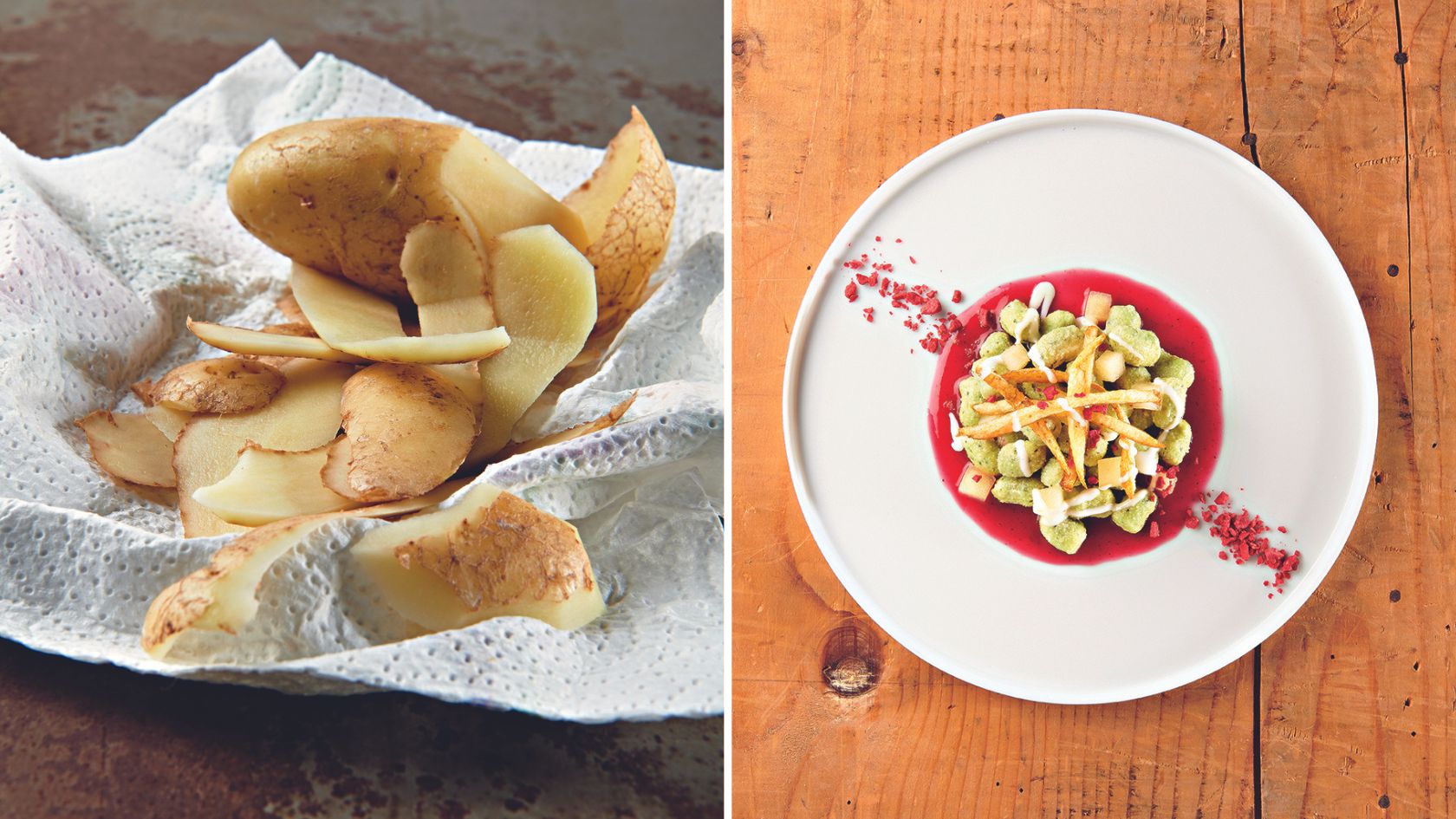
3. Deep freezing is an ally in the fight against waste
This a very important topic that we include in all our training activities. We have always chosen the cold as our only ally when preserving the quality of our products. We like to keep our labels clean, without preservatives or additives, in accordance with tradition. This already offers chefs a product they can count on in terms of the quality of the ingredients and consistency over time, which is easy to use even for the least experienced operators.
Thanks to IQF technology, Surgital pasta is deep-frozen very quickly, keeping every single piece of pasta or grain of rice separate from the others, and therefore allowing for easy management of the product and the cost per portion.
4. Watch out for the packaging
The zero-waste philosophy is based on the theory of 5 Rs – Refuse, Reduce, Reuse, Repurpose and Recycle.
Product packaging is difficult to completely eliminate in a professional kitchen, but ensure that your suppliers use recyclable materials, which if possible are also already recycled, such as the tray for Divine Creazioni®.
5. Small changes for a big impact
According to researchers at the University of Oxford, following a vegan diet helps to reduce the food’s carbon footprint of an individual by up to 73%. Add one or two plant-based options to your menu to offer your guests a lower-impact meal. Our suggestion? Our Pastificio Bacchini® Cauliflower Linguine, which is low in fat and rich in fibre. It can be used as an alternative to egg pasta, or for less traditional combinations.
